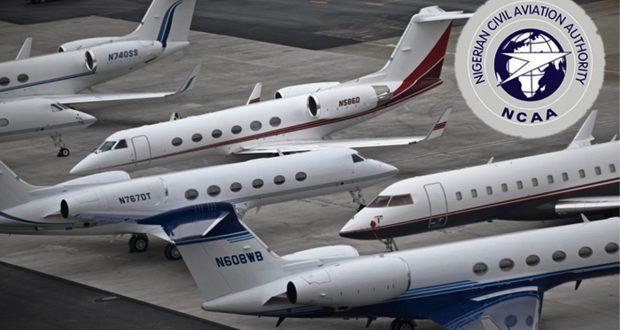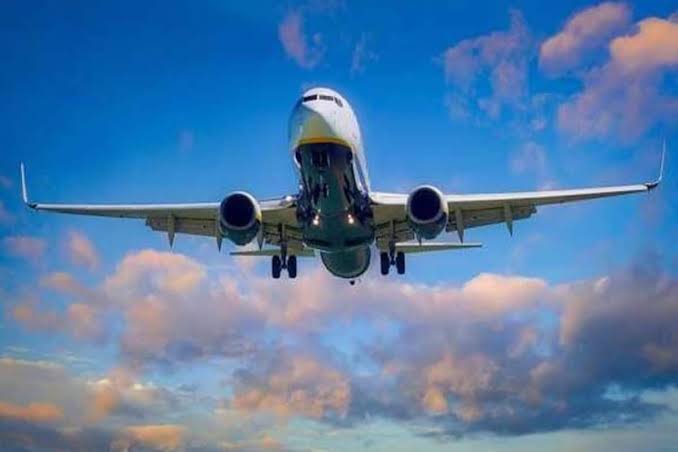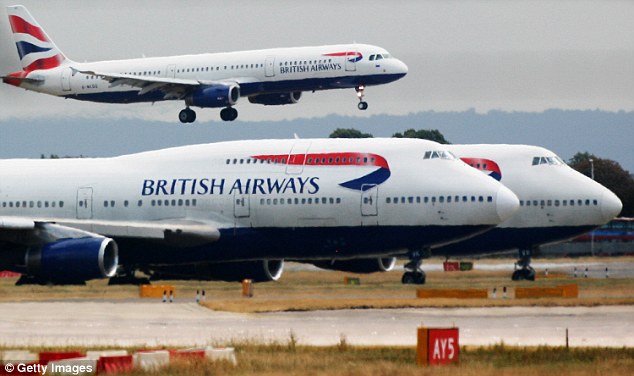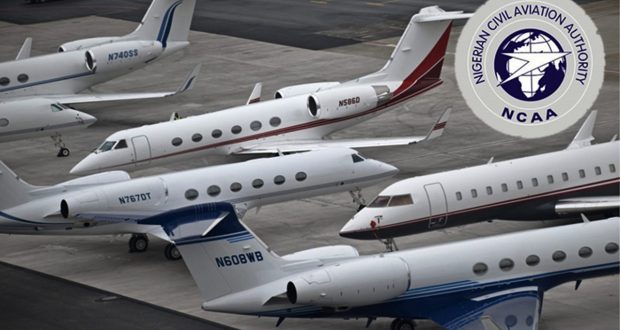More knocks are still emerging for the recently sealed SAATM deal by African Heads of Governments as out of eight struggling airlines in Nigeria, only three can be said to be financial stable.
According to the spokesman for the Nigerian Civil Aviation Authority (NCAA), Mr. Sam Adurogboye, “About 45 airlines floated by Nigerians have gone bust in the last 30 years. Some never flew beyond their first five years. At present, there are eight local airlines operating in Nigeria – Air Peace, Dana Air, Med View, First nation, Overland, Arik Air, Azman Air, and Aero Contractors Airlines. Of the eight, only Air Peace, Azman Air and Overland are considered financially stable. The rest are battling with one financial crisis or another with Arik and Aero Contractors at present under AMCON receivership”.
However, the Airline Operators of Nigeria (AON) has repeatedly voiced out the key challenges of indigenous operators.
According to the body, militating factors ranging from multiple taxation by regulatory and airport agencies, to high cost of fuel, the absence of maintenance hangers in Nigeria, high cost of forex to buy spares and exorbitant insurance premium are part of the many challenges crippling their operations and profitability.
The paucity of fund for fleet expansion and other corporate activities have continued to slow the growth of Nigerian aviation industry.
Aside its negative impact on Nigeria’s ability to reciprocate its BASA with other countries, the demise of any airline also comes with attendant job losses to pilots, aeronautical engineers, cabin crew, and loss of revenue to the airports.
However, another factor that is hardly discussed is that most of Nigeria’s private airlines are alleged to be owned by cronies of top government officials or persons who at one point or another stumbled on “free cash” and not finding any other business venture to launder the money chose the airline business. The challenge with this type of ownership structure is that professionalism is often thrown overboard while cronyism is being promoted.
Experts in the aviation industry have pointed out that because most investors in Nigeria’s local airline industry are non-professionals, they hardly see the need to dissipate their energy in getting a reputable firm to carry out proper feasibility studies prior to floating an airline. With the absence of clear cut feasibility studies, such investors are often misled into the purchase of the wrong aircraft type as well as plying routes that make it herculean to recoup their investment and remain in the sky. For instance, there is no economic sense in deploying a Boeing 737-500 jet aircraft on the Lagos – Benin route that doesn’t last more than 40 minutes. A turbo prop, a Fokker, a Dash-8, and an Embraer aircraft, which all fly at low altitude and consuming less fuel remains the most suitable equipment for Nigerian routes.
With these scenarios playing out, observers say it will be a miracle for Nigerian aviation players to actually put up a strong participation in the newly sealed SAATM deal for African air space.
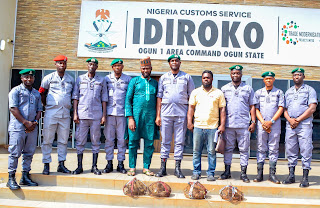
 Agribusiness1 week ago
Agribusiness1 week ago
 News1 week ago
News1 week ago
 News1 week ago
News1 week ago
 Football5 days ago
Football5 days ago
 Football1 week ago
Football1 week ago
 Football1 week ago
Football1 week ago
 Entertainment4 days ago
Entertainment4 days ago
 Football6 days ago
Football6 days ago
